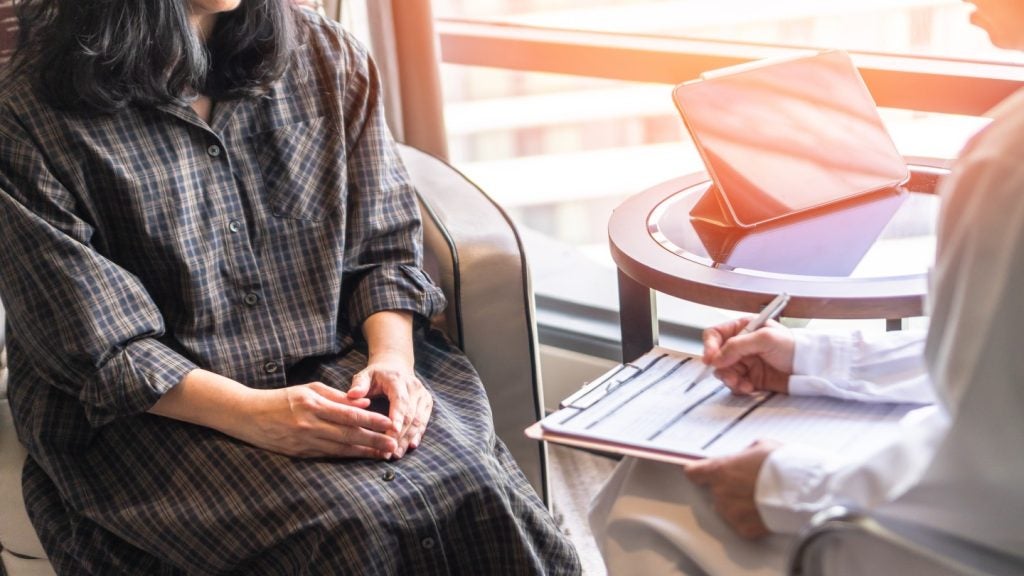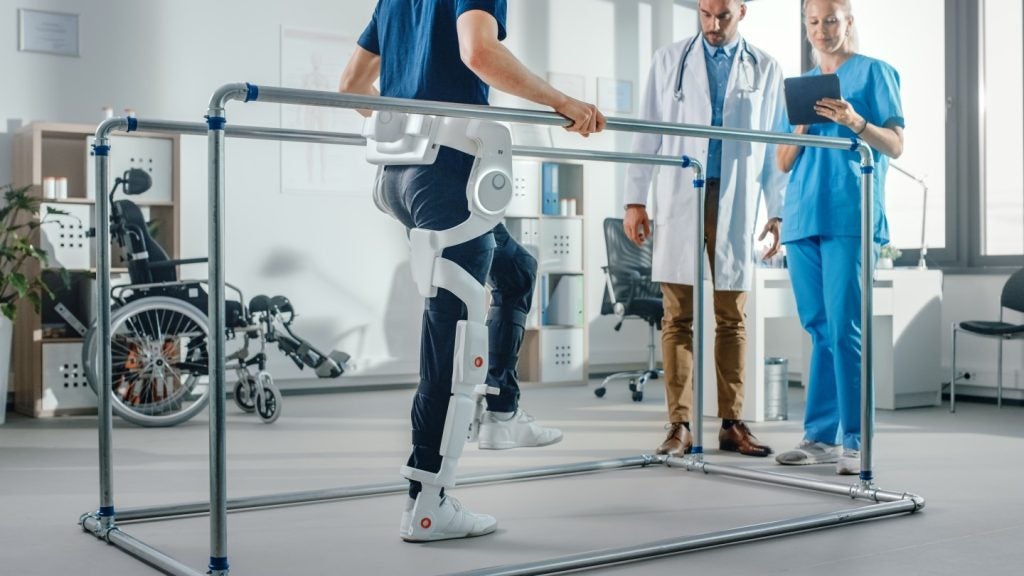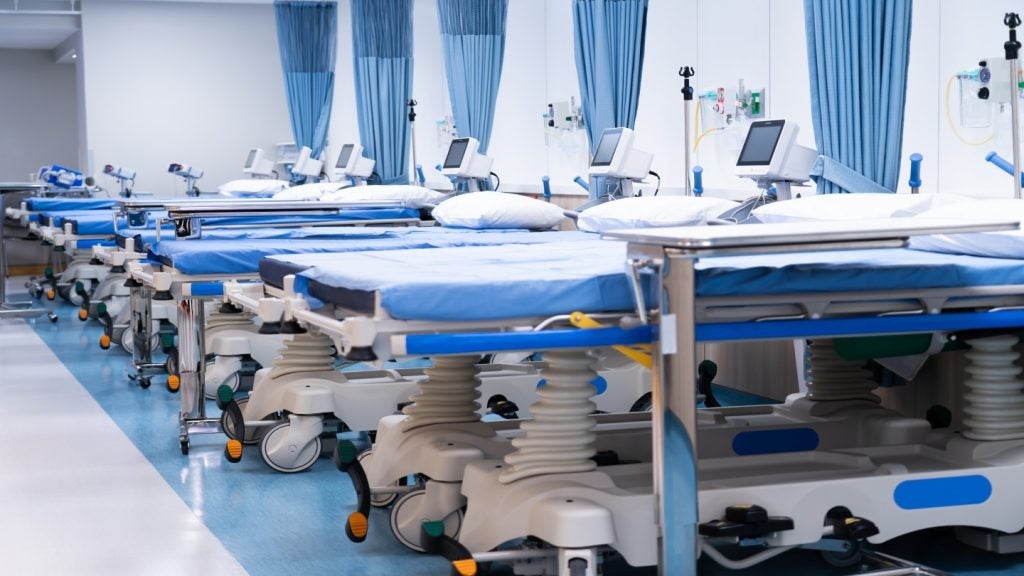Hospital at home startup Doccla has reportedly secured a funding of £35m ($46m) in a Series B funding round for expanding in Europe.
The expansion builds on its success in the UK and Ireland market, TechCrunch has reported.
Lakestar led the funding round, with contributions from Elaia as well as several other returning investors.
The new funding follows a $17m Series A round two years prior.
Doccla, which plans to utilise the funds to establish local teams in new European markets, offers a solution to the global hospital bed shortage through technology for remote patient management.
The company is competing with virtual bed technology providers such as Graphnet and Huma.
Doccla said it is committed to working with health services, including NHS Trusts and Ireland's Health Service Executive.
The demand for virtual care solutions, which surged during the Covid-19 pandemic, has led to Doccla adapting its growth strategies for the post-pandemic era, the report noted.
TechCrunch cited an interview of Doccla co-founder Martin Ratz, who said: “It’s in our DNA to be revenue-first.”
The company mentioned that its focus is mainly on practical market entry strategies, such as securing local contracts before expanding.
Doccla's service provides patients with monitoring devices and a mobile app to collect health data, which is then integrated into electronic health records.
Clinicians access this data via a dashboard, receiving alerts for critical readings. This system offers convenience for healthcare professionals and reassurance for patients.
Doccla’s user-friendly app features large fonts, simple navigation, and options, for instance, in-app messaging and video consultations with clinicians, catering to a broad user base.
“First we sell, and then we enter the market with the help of a customer; that’s exactly what happened in Germany. We are aiming to replicate what we do in the UK [while] recognising that the underpinnings of [newer] markets are very different, particularly in terms of reimbursement,” Ratz told TechCrunch.














